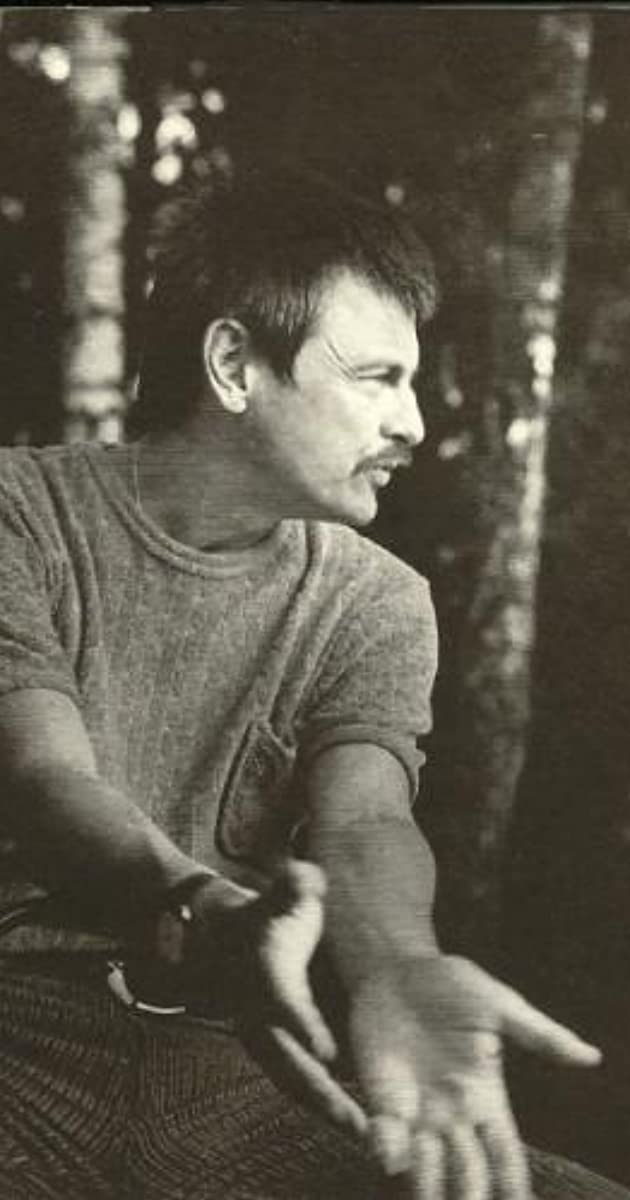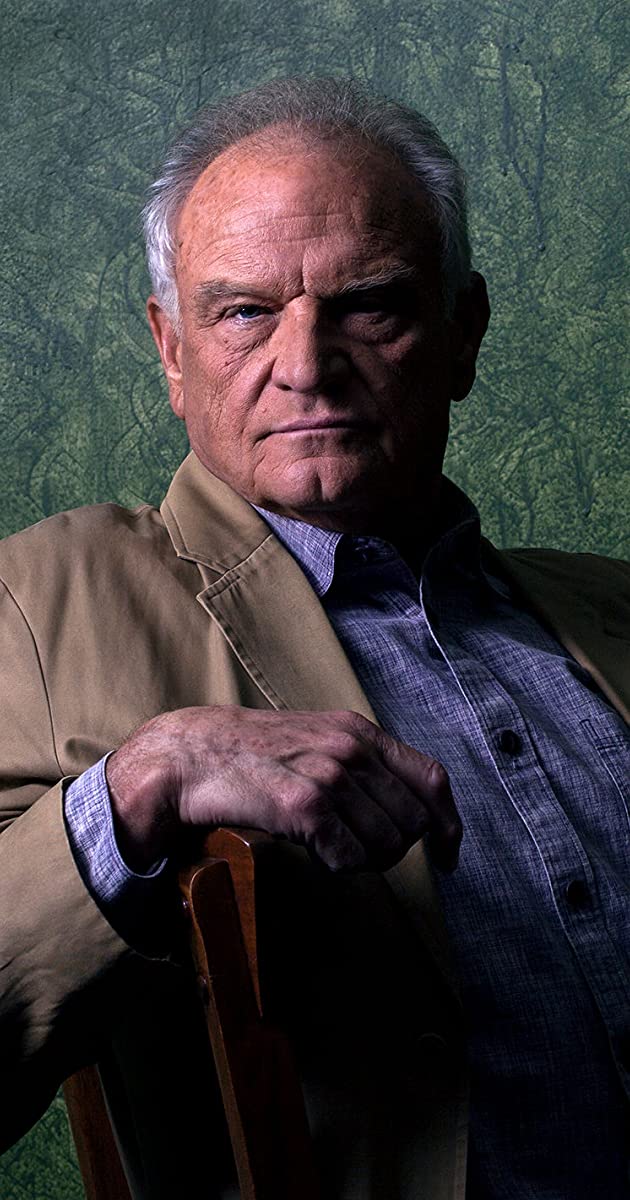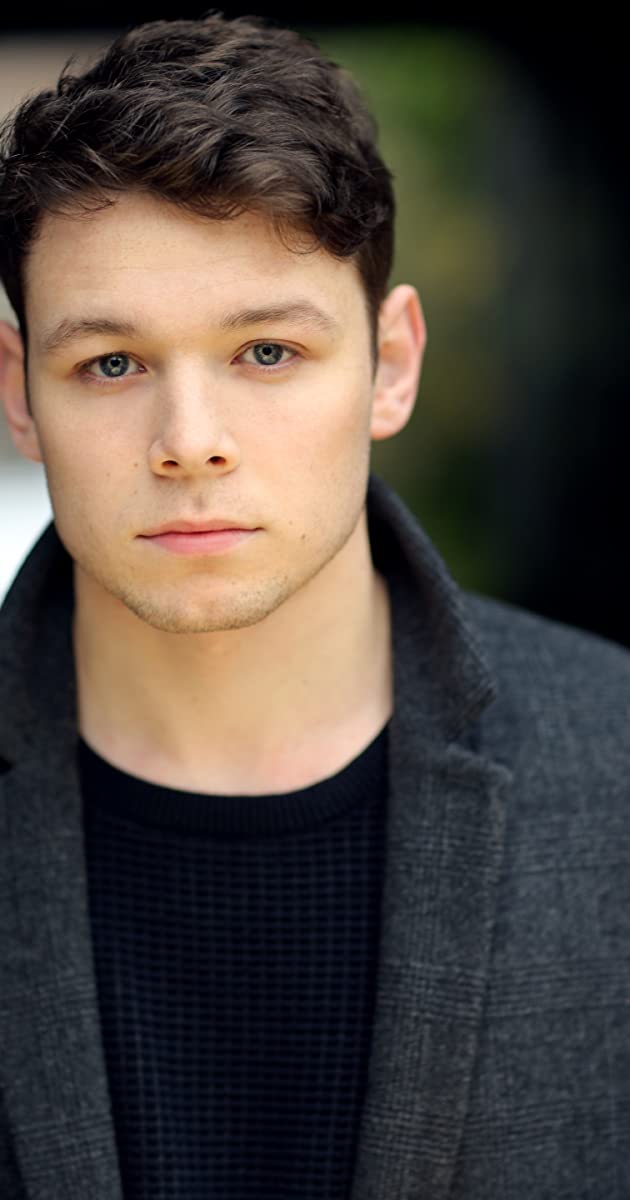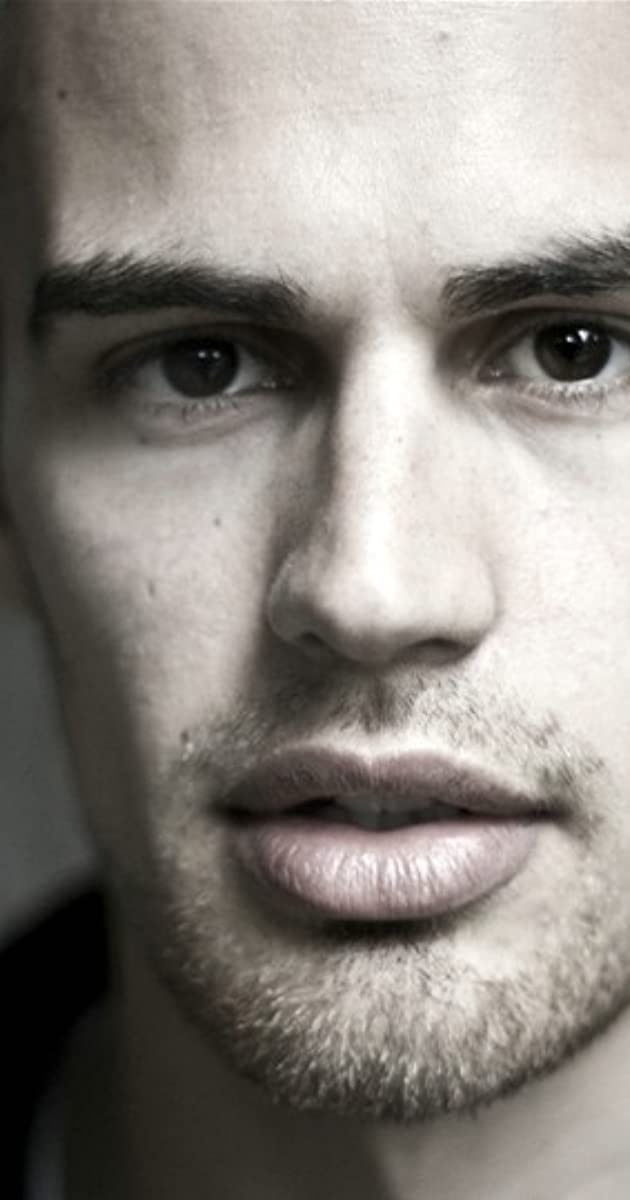
The most famous Soviet film-maker since Sergei M. Eisenstein, Andrei Tarkovsky (the son of noted poet Arseniy Tarkovsky) studied music and Arabic in Moscow before enrolling in the Soviet film school V.G.I.K. He shot to international attention with his first feature, Ivan’s Childhood (1962), which won the top prize at the Venice Film Festival. This resulted in high expectations for his second feature _Andrei Rublyov (1969)_, which was banned by the Soviet authorities until 1971. It was shown at the 1969 Cannes Film Festival at four o’clock in the morning on the last day, in order to prevent it from winning a prize – but it won one nonetheless, and was eventually distributed abroad partly to enable the authorities to save face. Solaris (1972), had an easier ride, being acclaimed by many in Europe and North America as the Soviet answer to Kubrick’s ‘2001’ (though Tarkovsky himself was never too fond of it), but he ran into official trouble again with Mirror (1975), a dense, personal web of autobiographical memories with a radically innovative plot structure. Stalker (1979) had to be completely reshot on a dramatically reduced budget after an accident in the laboratory destroyed the first version, and after Nostalgia (1983), shot in Italy (with official approval), Tarkovsky defected to Europe. His last film, The Sacrifice (1986) was shot in Sweden with many of Ingmar Bergman’s regular collaborators, and won an almost unprecedented four prizes at the Cannes Film Festival. He died of lung cancer at the end of the year.


